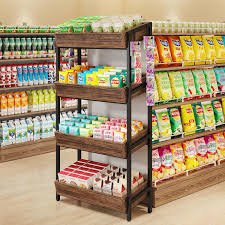
ABUJA, Nigeria – Nigeria spent $2.39 billion on imported food products between April 2024 and March 2025, marking an 11.6% increase from the $2.14 billion recorded in the previous year, according to new data from the Central Bank of Nigeria (CBN).
The rise comes despite ongoing government interventions aimed at boosting domestic agriculture and reducing reliance on foreign supplies.
The increase occurs amid worsening food insecurity, high inflation, declining production outputs, and supply chain disruptions in key farming regions.
Month-by-month figures show fluctuating demand pressures. In the previous cycle (April 2023 to March 2024), imports reached a high of $303.91m in February 2024. In the latest cycle, spending peaked at $275.04m in August 2024, before moderating to $141.30m in March 2025.
Analysts attribute the trend to weak domestic yields, escalating production costs, insecurity affecting farmlands, and dependence on imported staples such as wheat, rice and processed foods.
The CBN reiterated the need for renewed import substitution measures:
“Economic stability must be supported by reinstating Nigeria’s import substitution strategies to boost industrial productivity across sectors,” the apex bank stated.
Food security experts warn that unless agricultural financing, storage systems, and farmer protection improve, the country may struggle to halt the upward import trend.
“Import dependence will continue as long as local farms remain under-mechanised and vulnerable to conflict,” said a Lagos-based economist.




